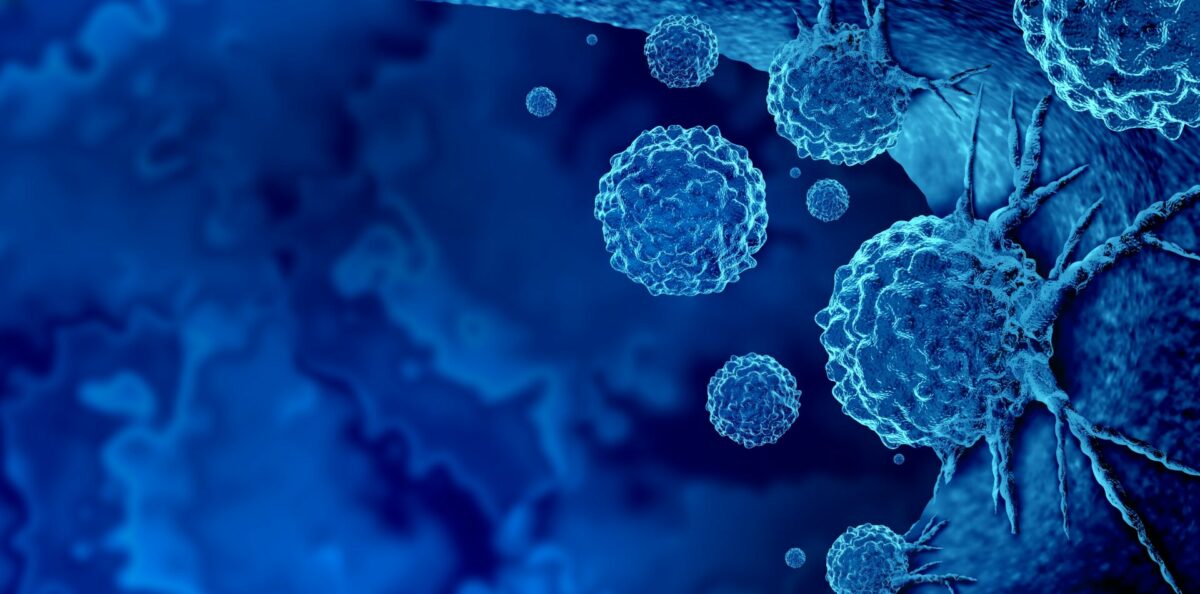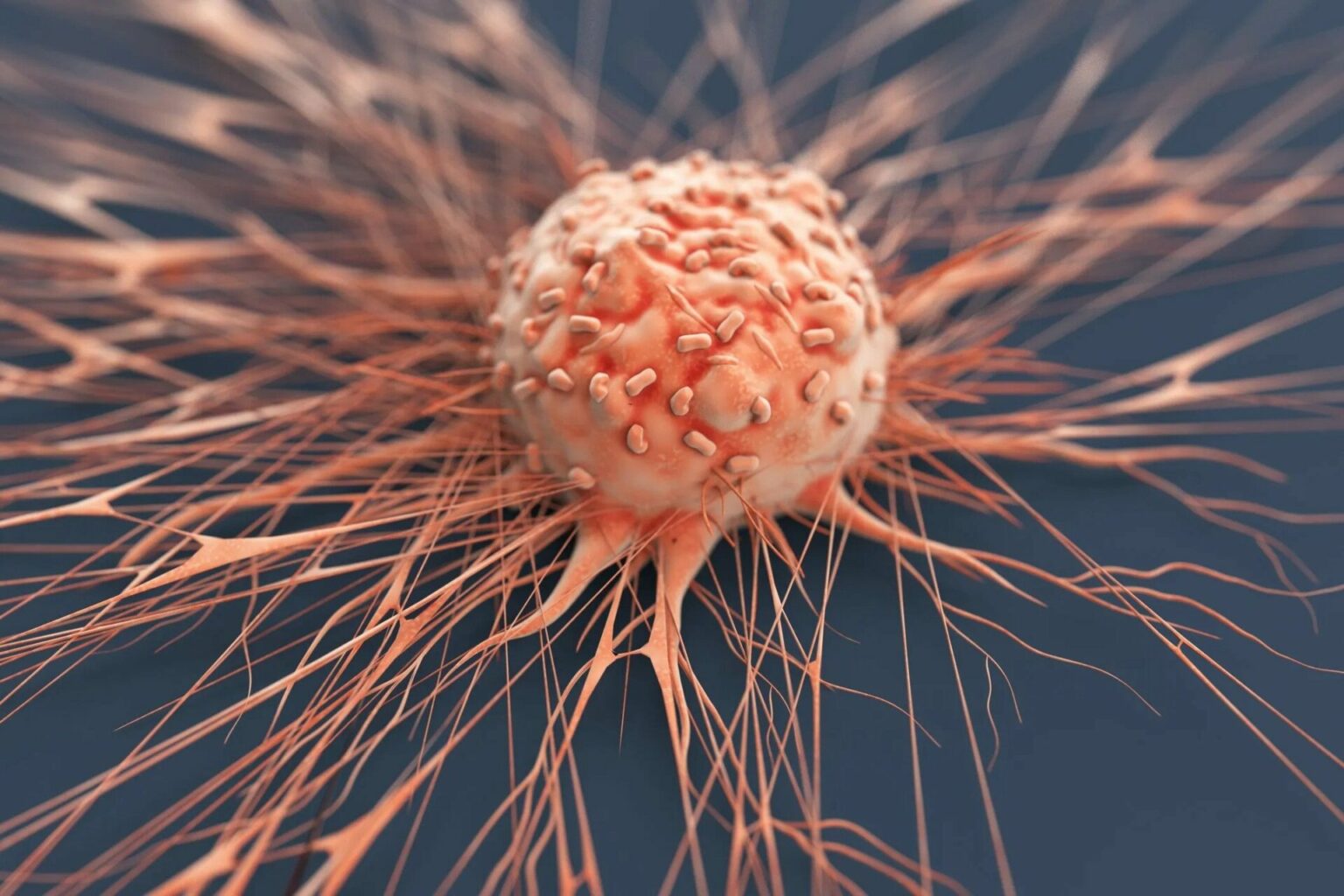Researchers have discovered a crucial phase in cell death that inhibits the progression of cancer in its early stages by using a unique chemical mechanism, which was published in the journal ‘Science Advances.’
The study’s principal investigator was Dr. Luke Clifton from the STFC ISIS Neutron and Muon Source (ISIS), Oxfordshire, with Professor Gerhard Grobner from the University of Ume as co-lead and collaborators from the European Spallation Source in Sweden. This research partnership, which focuses on the cellular proteins that trigger apoptosis, is the most current in an array of studies led by the group.
Apoptosis, an essential phase in cellular self-destruction that researchers recently uncovered, may be a critical factor in preventing cancer progression. The research group shed light on the early stages of the procedure by which cells deemed no longer necessary activate a “death programme,” which results in self-destruction. These results may provide crucial information on stopping cancer cell growth, opening the door to potential new therapies.
Explaining the Significance of Apoptosis and its Implications on Cancer
Apoptosis is crucial for human survival, and when it is disrupted, malignant cells can develop and become resistant to cancer treatments. It is controlled in healthy cells by the proteins Bax and Bcl-2, which have opposing functions. The importance of apoptosis is enormous as it impacts many biological functions, including the control of the immune system.
Most significantly, it helps the body rid itself of harmful or perhaps cancerous cells. The Bax protein in particular is crucial for the elimination of damaged or old cells. When triggered, it makes microscopic holes in the mitochondrial membrane of the cell, beginning apoptosis. On the other hand, bcl-2, a component of the same membrane, can stop early death of cells by swallowing Bax proteins.

The life-sustaining protein Bcl-2 is produced excessively in malignant cells, which promotes unchecked cell growth in the body. Although the significance of this mechanism in cancer development has long been recognized, the specific function of Bax and the membrane of mitochondria in apoptosis has remained unknown.
The researchers made a groundbreaking finding when they discovered that Bax removes lipids or fatty substances while creating pores to cluster them on the mitochondrial surface.
The Study’s Implications on Cancer Research
Dr. Luke Clifton, the co-lead author, stated that this study has improved understanding of basic mammalian cell processes and created exciting opportunities for future research. To understand what goes wrong in malignant cells, it is crucial first to grasp what things look like when cells function normally. This understanding could lead to the development of potential remedies.

Using the state-of-the-art ISIS Surf and Offspec instruments, the researchers used a technique known as neutron reflectometry to investigate how Bax interacts with the lipids in the mitochondrial membrane. The technique of neutron reflectometry was employed to understand how the protein interacts with the lipids in the mitochondrial membrane during the initial phases of apoptosis.
The finding supports the group’s past studies on the molecular mechanism of membrane-bound Bcl-2 and advances our knowledge of the early stages of apoptosis. The novel results presented through the study will substantially impact apoptosis research and open doors for investigating Bax and its relatives as possible targets for cancer therapy, for example, by enhancing their capacity to kill cancer cells.













